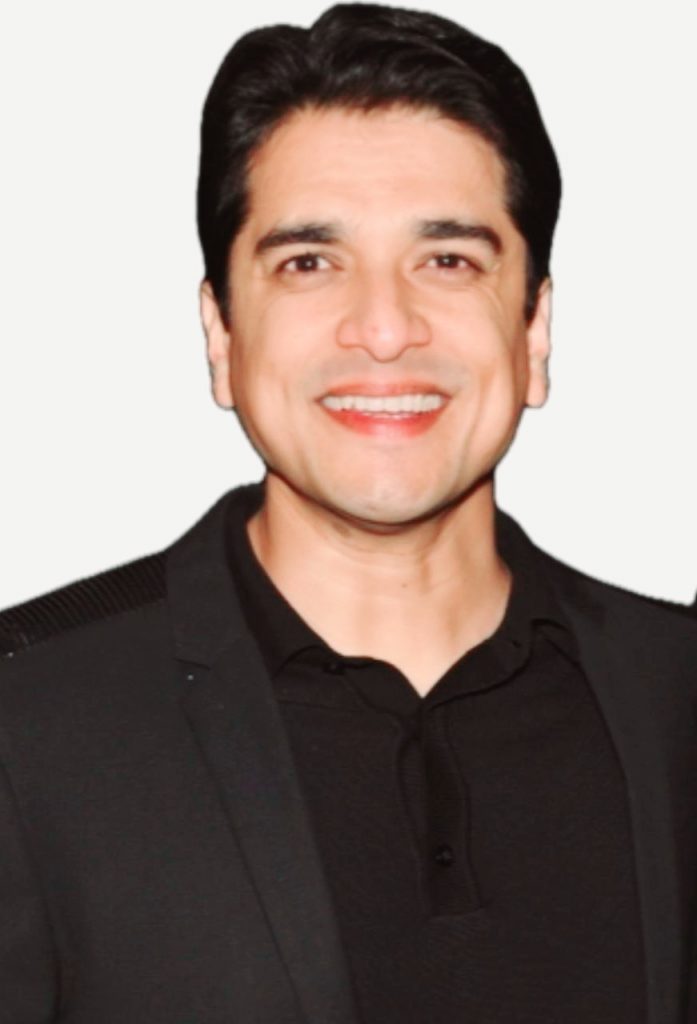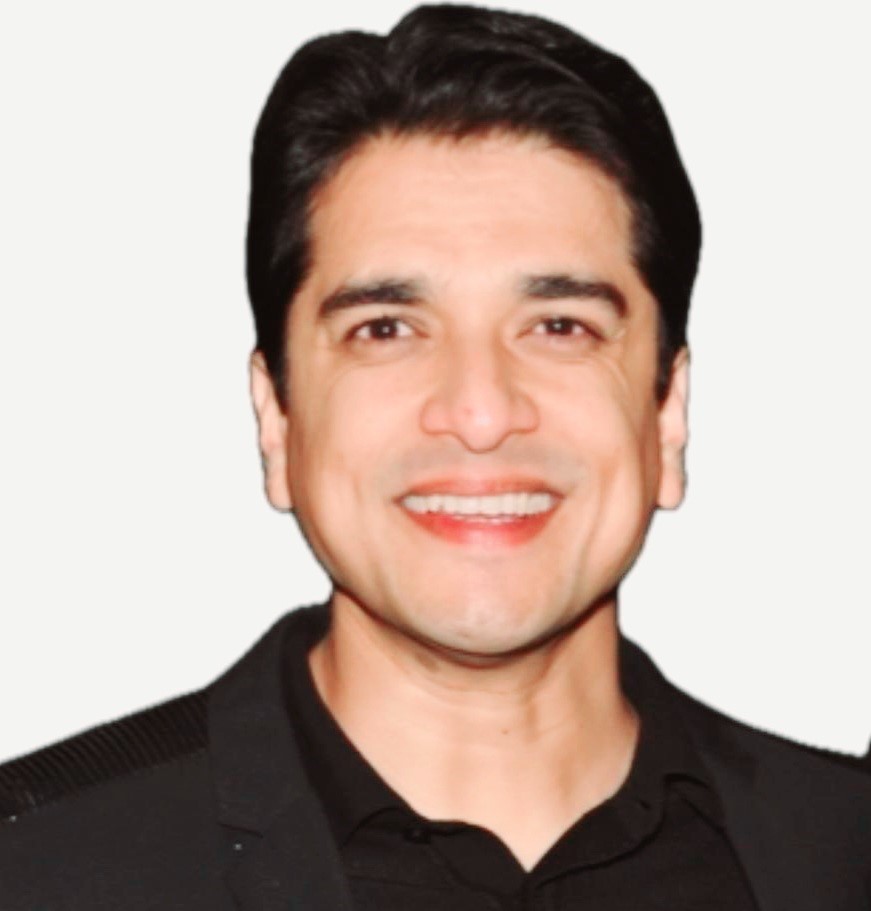This interview has been published by Namrata Singh and The SuperLawyer Team

Your journey from Symbiosis Law School to becoming a Partner at Dua Associates is quite impressive. Can you share a memorable experience or lesson from your early legal career that has shaped your approach as a dispute resolution lawyer today?
A career in law interested me, however, I had little idea as to the enormity of what it would entail. At the time I did not have any family or friends practicing law, so I did not have much guidance either. I was always told by my educators that I had an aptitude for a career in Law. I joined Symbiosis Law School at the age of 17 and have never looked back since. I was an active mooter and debater in law school and having interned with a few reputable legal firms and lawyers, I realized I truly enjoyed the experience of being in Court which led me to choose Dispute Resolution as a career.
It is no secret that passion, hard work and perseverance are the keys to success in any sphere and dimension of life, however, the extent and proportion are not something I had ever imagined. My biggest lesson so far has been that there is a learning in every experience so long as you are open to doing everything that comes your way. I never shied away from doing any task that was assigned to me no matter how little I knew of it or what I thought of it, and my sole purpose was to ensure the job was done. This determination and characteristic have seen me through and brought me where I am today. There have been days that I have singlehandedly attended to tasks otherwise assigned to associates, para legal, court clerks and even stenographers, all while being a Partner, and such days, though challenging, leave me most fulfilled.
With such a diverse range of legal areas you handle, from insolvency to property law, is there a specific area of law that you find particularly challenging yet rewarding to navigate?
Times have changed since I started practicing in 2007. In this era of specialization, I have been extremely fortunate to experience diverse legal areas, all of which I have covered in some depth which include wide-ranging commercial disputes, property law, labour and employment law, company law, transactional work and now insolvency law. In Law the devil is in the details, so every subject requires a fundamental understanding of the nuances involved and then applying such understanding to practical situations.
The law is ever-evolving, requiring all lawyers to remain updated with the latest precedents. The last decade has also seen the emergence of new statutes. As for me, I had no background in insolvency laws, the Code was enacted in 2016 long after I had graduated from law school, therefore, it was all about self-educating. Although, challenging this practice area has been extremely rewarding for me.
You’ve been instrumental in developing and scaling the Insolvency and Bankruptcy practice at Dua Associates. What drew you to specialize in this field, and how do you see the landscape evolving in the coming years?
The Insolvency and Bankruptcy practice is one of the fastest-growing practice areas across law firms. This has more to do with the economy as a whole and the object of the statute. While the statute and the accompanying infrastructure have some distance to travel to realize its true potential, however, there have been several positives such as the revival of mismanaged and indebted corporate persons, securing the interests of creditors, check of corporate frauds, timely resolution of insolvency process amongst others.
There was no intended or conscious effort towards specializing in this area. I along with a very competent team was entrusted with a good amount of work in this area, through which we honed our knowledge and became more and more familiar with the intricacies involved. We have been fortunate to do a lot of work in this space over the last 5 to 6 years, where we have represented all categories of stakeholders in several marquee matters. Dua Associates as a firm has been very supportive enabling me with all the tools to develop and scale up the Insolvency and Bankruptcy practice.
You spent several years as Vice President at HSBC before joining Dua Associates. How was your experience transitioning from a role in a large multinational corporation to your current position as a Partner at a law firm? Are there aspects of your time at HSBC that significantly influenced your approach or perspective in your current role?
Transition is never easy, you will have to walk out of your comfort zone and challenge yourself. I love a challenge; it makes me more determined.
As I look back now, my role at HSBC was diametrically different from what I do today, with its own set of rigours and challenges. Working in-house is attached the misconception that life is easier in comparison to a law firm. Understanding business and your stakeholders/clients is not only key for an in-house profile but is also an absolute must for every lawyer. This is a skill set neither taught in law school nor in any law firm.
Today working as a Partner with a law firm, my outlook on any problem and its consequent solution is viewed from the prism of my client’s business. Understanding the client’s business, personnel, culture and risk appetite is crucial for the legal advise I offer them, which perhaps is my biggest carry-forward from my HSBC days.
Apart from your legal expertise, you’re known for finding innovative solutions to complex issues. Can you share an example where thinking outside the box led to a positive outcome for your client?
Every client is concerned with the end outcome; the process is for the lawyers to take care of suitably. For dispute resolution lawyers, the significance of strategizing is understated and this in my view separates the good from the best. Like a game of chess, dispute lawyers must anticipate their opponent’s every move and try to remain a few steps ahead.
As a team, we have achieved many favourable outcomes before various forums, where our out-of-the-box approach led to protracted litigations being successfully shortened and sizable settlements attained for our clients.
You’ve authored articles on the evolving jurisprudence of insolvency laws. Are there any upcoming changes or trends in the legal landscape that you find particularly noteworthy or anticipate having a significant impact?
The issue of project-wise corporate insolvency resolution process for large real estate sector companies is currently under consideration before the Hon’ble Supreme Court and is likely to have a significant impact in my view. Under the existing legal framework, to factor in the interest of a variety of stakeholders and facts peculiar to each case may weigh heavily before a final decision is pronounced.
We’ve heard about your interest in arbitration and mediation. How do you see alternative dispute resolution methods evolving in India, and what role do they play in your practice?
Alternate dispute resolution has always been of keen interest to me. Given our population, our infrastructure and particularly our Courts are overburdened. The underlying purpose of alternate dispute resolution was to reduce the burden on the Courts, through a formalized and time efficient process of resolving disputes outside of the Court.
In my view, the acceptance of such a process and outcome by the parties involved is key. However, the complexities of the process, timelines, high costs, the acceptability of the final outcome and subsequent rounds of litigation has diminished the value of alternate dispute resolution.
Beyond the courtroom, what’s a passion or hobby that helps you unwind from the intricacies of legal matters?
Given the constraints of time and our hectic life, it is very important for lawyers to pursue activities outside of the workspace. I personally enjoy travelling and sports.
Travelling to see new places, experience different cultures and meeting new people is something I particularly look forward to in my free time.
For aspiring lawyers entering the field of dispute resolution, what advice would you offer based on your own journey?
I believe that being a dispute resolution lawyer is a constant process of evolving, where you are dealing with new challenges, unforeseen circumstances and a wide array of people. It is essential to remain in the present with an eye on the future and keep moving forward one step at a time. Also, every day is a fresh start so never sit on your laurels or let your failures bring you down, they are both equally important parts of your professional journey.
Get in touch with Angad Varma-
























